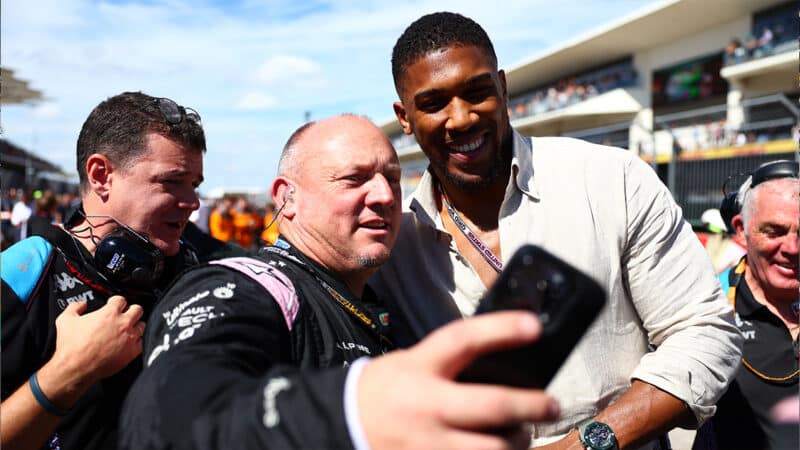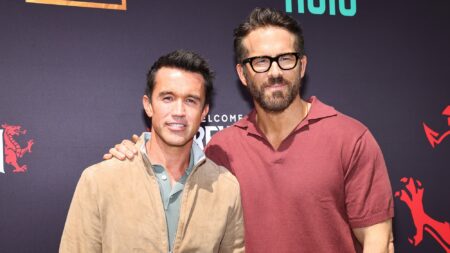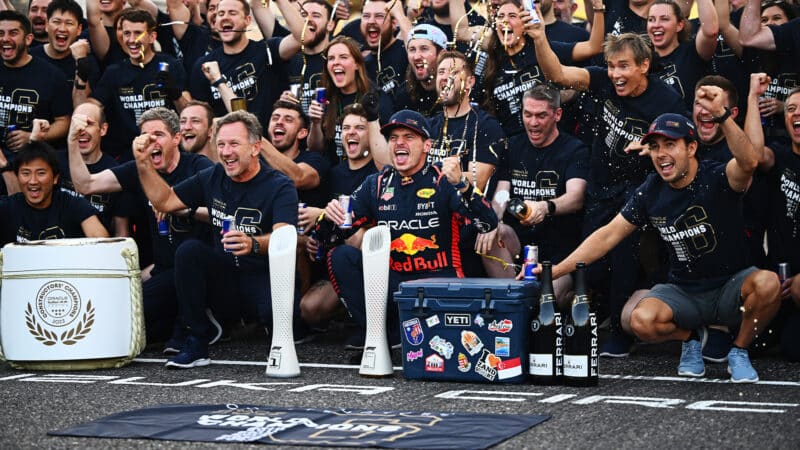“I am thrilled to lead an investor group and join forces with the team at Otro Capital on this exciting venture with Alpine F1,” said Kansas City Chiefs tight end Kelce — best known among non-NFL fans for his relationship with Taylor Swift. “Our shared passion for excellence and innovation forms the cornerstone of this partnership.
“It’s about being able to contribute to a sport that demands precision, teamwork, and relentless pursuit of success. I am looking forward to this new chapter and can’t wait to see what we achieve together.”
The gushing statement and those of his fellow investors failed to answer several questions: Why invest in F1? In Alpine? And what do they get out of it?
When Alpine sold its stake early in the summer, CEO Laurent Rossi — who has since been replaced — said that he hoped that the partnership would help boost the team’s revenue through improved sponsorship, licensing and merchandising deals.
Investing in F1 now offers the chance of a return, with the cost cap limiting how much teams can spend. Now, instead of ploughing every penny back into development, there’s the prospect of profits; a return for investors; and a rising team value. Although with doubts over F1’s growth rate and upheaval at Alpine, none are guaranteed for the consortium.
“It’s mostly all about vanity,” said marketing and brand consultant Naman Agrawal at CBR Media, a marketing and management agency that specialises in motor sport. “It’s a way for Alpine to associate itself with the fans of the sport through celebrities and leverage a following into different markets.
“They’ve got NFL stars, Rory McIlroy, Trent Alexander Arnold,” he told Motor Sport. “Given the recent growth of F1 and also the specific focus toward the US market, it’s a good way for the team to compete with the likes of Ferrari, Mercedes and Red Bull.”
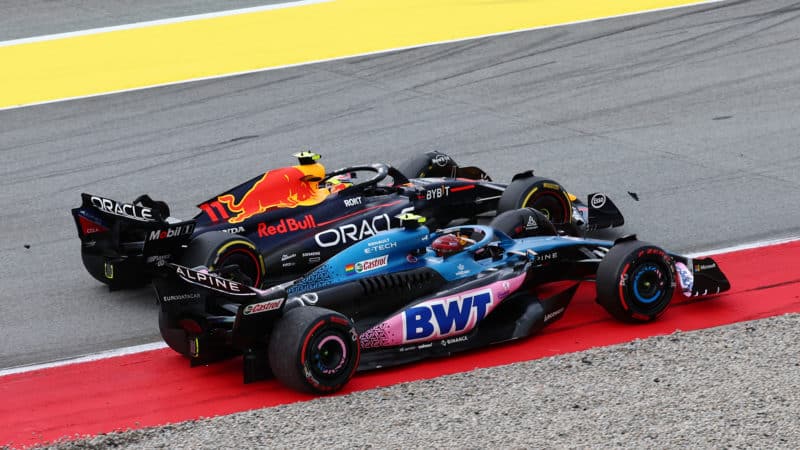
Alpine hopes investors will help generate more revenue to get the team fighting Red Bull at the front of the grid
Alpine
Following its rebrand from Renault to Alpine in 2021, the team has undergone a multitude of changes in an attempt to return to its front-running days of the mid-2000s. The re-hiring of Fernando Alonso was seen a significant step, as was luring team principal Otmar Szafnauer from Aston Martin. For a time, the team’s future was even in sure hands with Oscar Piastri waiting in the wings. But those three have now all left, and the team isn’t just struggling on track.
“Alpine are very much backrunners in terms of marketing,” added Agrawal, an advisor to F1 Academy’s Bianca Bustamante, who recently became the first female member of the McLaren driver academy.
“They fly under the radar in terms of engagement with fans and are also kind of the dark horse of the midfield. They’re the only ones left who build and use the Renault engine. At least this deal is making people take notice.”
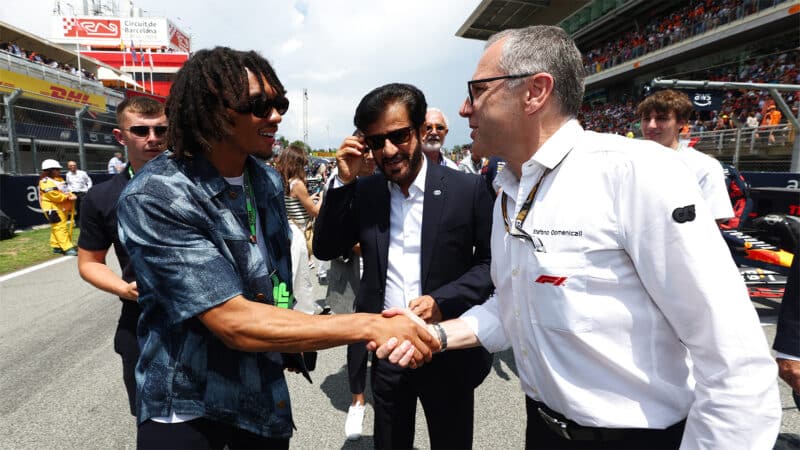
Liverpool’s Trent Alexander Arnold is among the most recent investors into the Alpine F1 team
Getty Images
So it’s an injection of attention for Alpine, using sporting celebrities as influencers, hoping that their stardust will rub off on the team. But what about the people stumping up the money?
“For the personalities themselves, I don’t think it’s a very good investment. They’re not going to get anything out of it apart from a way into the Formula 1 club.”
Think of it as an exclusive grand prix ticket: a cut above the corporate guests sipping champagne in the Paddock Club; the financiers sunbathing on yachts in Miami’s fake harbour; or the Las Vegas hotel guests watching the racing from their lavish suites.
But the perks of being a team investor, which presumably include behind-the-scenes access, as well as VIP treatment in the paddock, garage and on the grid, doesn’t come entirely without risk, particularly if investors aren’t fully committed to the partnership.
